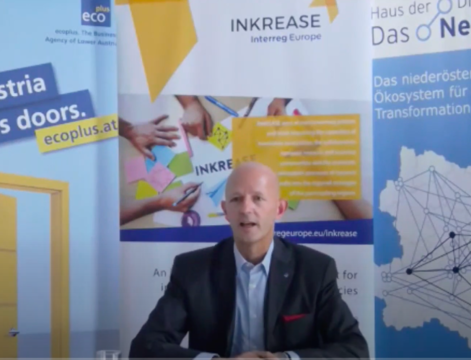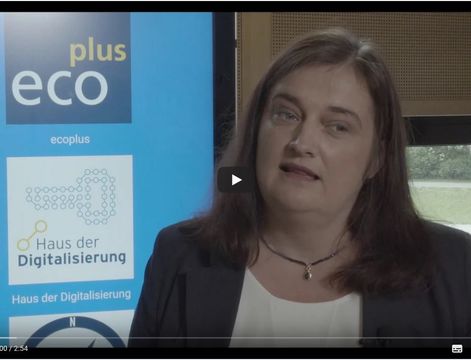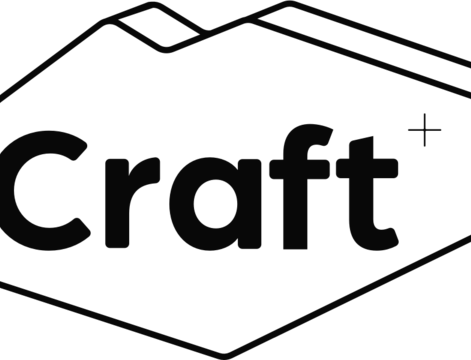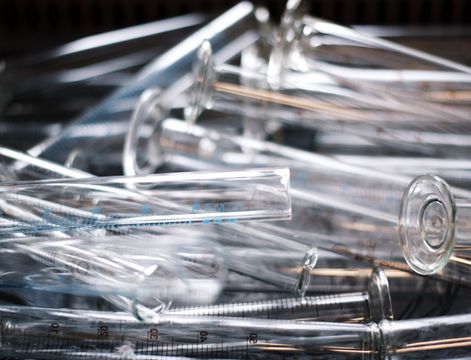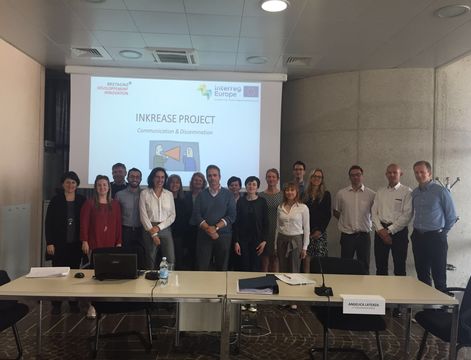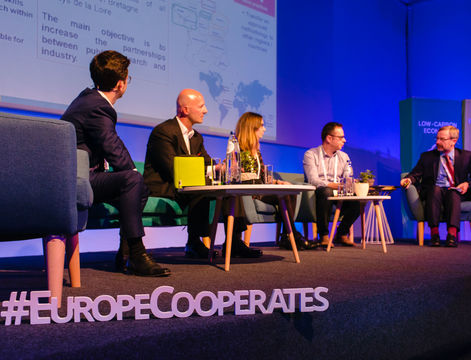The workshop dealt with cross-sectorial innovation and was focused on Agrifood/robotics and ICT. It took place during the CFIA exhibition.
Bretagne is the first region in France for food production (Food industry) with 1,300 establishments and 20 Bn Euros in turnover. 40% of Bretagne industry are food process industry.
The CFIA exhibition aims to bring together all French and international manufacturers in the food-processing sector (both food process and machine producers). Every year, around 1450 exhibitors, 20 000 visitors participate to the event.
Fabio Boscaleri (Tuscany), from the High-tech Farming S3-Platform, and Dorota Skwarek, deputy-director of department of economy and foreign cooperation, were invited to share good practices about supporting innovation and forge new kinds of cooperation.
Bretagne Développement Innovation (BDI) manages a regional program, called “AgreTIC”, which is about matching the needs of agri-food companies/farms with what technology supplier can offer. Today the region is highly turning to cross sectorial activities ICT/Agrifood and Agriculture.
Guillaume Briend (BDI) manages the AgrETIC program and visits every year more than 80 companies, helped by 60 people through the different institutions, to match technologies provided by Bretagne’s companies with the farmer needs. The T-Bot is a good example of setting up a new company bringing a solution to solve a concrete matter met by the farmers: to hinder chicken spawning on the floor. A feasibility study has been made as first step, co-founded by BPI and Region through a budgetary line. A second study has been carried out to validate the prototype. 25 robots have been sold so far on the market. The Region needs the help of European founds to support big projects, while the first studies are founded through regional tools. This project could reach an European dimension through the S3 Platforms and the European networks. The RUC-APS project gathers universities from Europe and South of America to think about the better way of implementing new technologies in vegetables production.
Tuscany has a technology driver approach with ICT, robotic and Photonics, rather than sectorial (Agriculture, etc.). They can rely on the Cluster INDUSTRY 4.0 which has a focus on Agrifood, founded by the ERDF Fund. The Region is leader of the ERIAFF network, a network of several European Regions, which works with the support of EU Commission experts on the strategy for agriculture of future. The NEFERTITI INTERREG Project is a kind of peer learning to push innovation within the farms. The innovative projects linked to Agriculture are founded by three kinds of tools:
- RD m16.2
- SUSFOOD ERANET
- ESF-GiovaniSi project
The Lubelskie Region presented the role of its Marshal Office. 70% of the Lubelskie’s territory is covered by agriculture, with a lot of small farms. The main issue is to use more advances technologies. CONNECT is an advisory and training program for startups which enables access to financial support from EU funds. 80 startups are identified with competences for biotechnology, IT or agriculture. The Region invests massively in photonic technologies, applied in the bioeconomy sector in the traditional industries. The apple and beer production were selected. The BRIDGES project aims at creating a strong competence bioeconomic centre. The Region wants to expand cooperation in photonics with new partners, in order to develop new sensors and disseminate them. They got 50 million Euros from the polish government.
The High-Tech Farming S3 Platform has identified the specific areas where the members can generate co-investment. The focus will be put on the last phases of project investment, from demonstration to scale-up.


